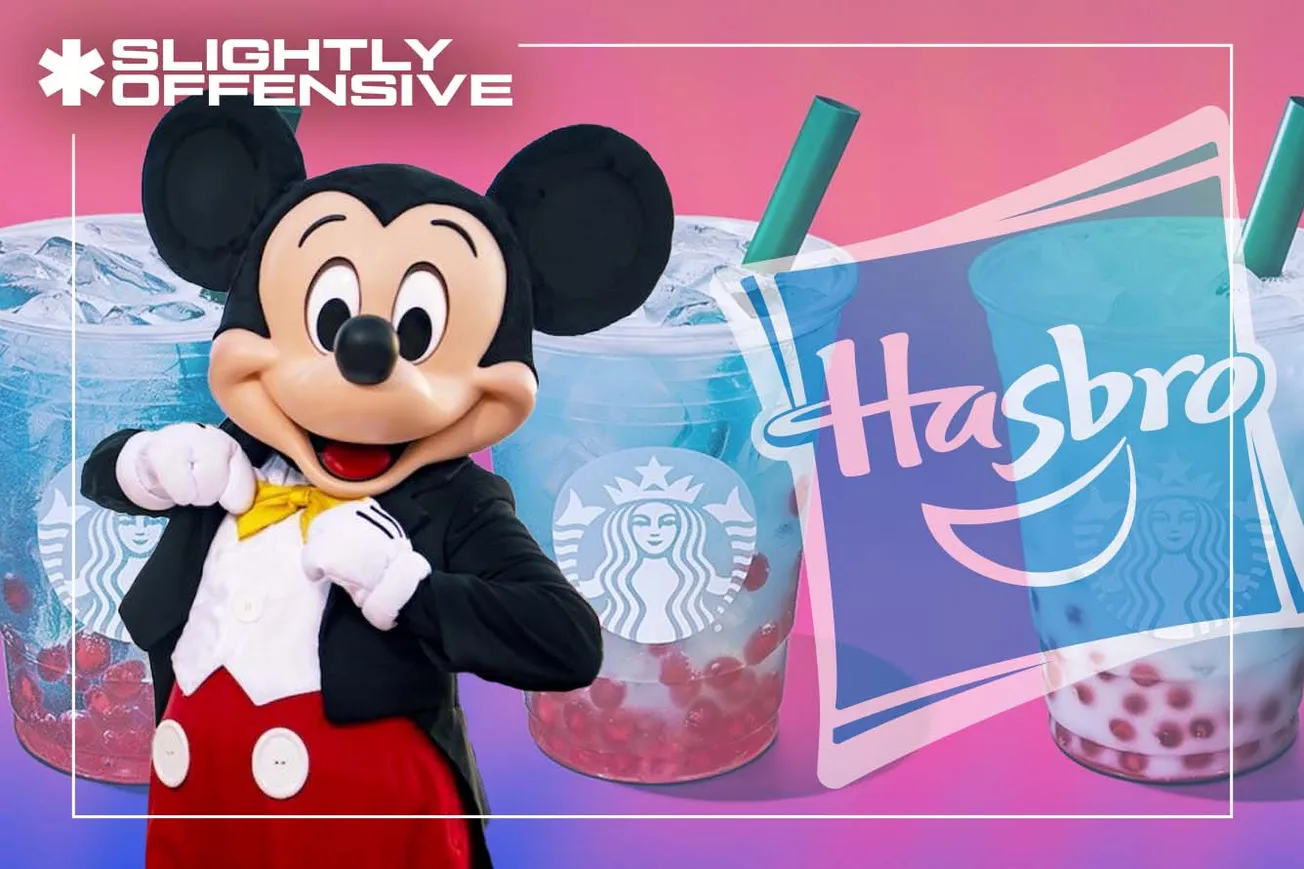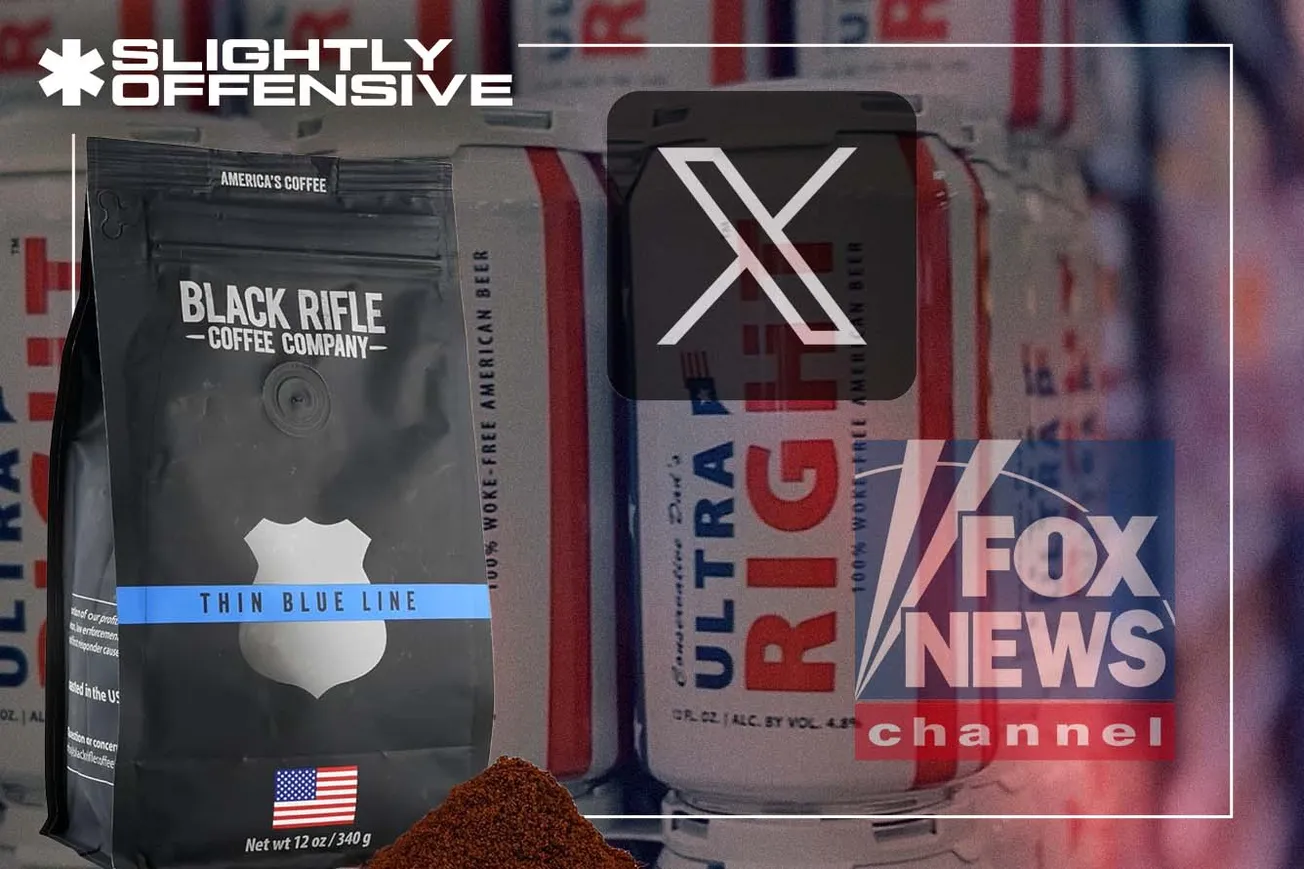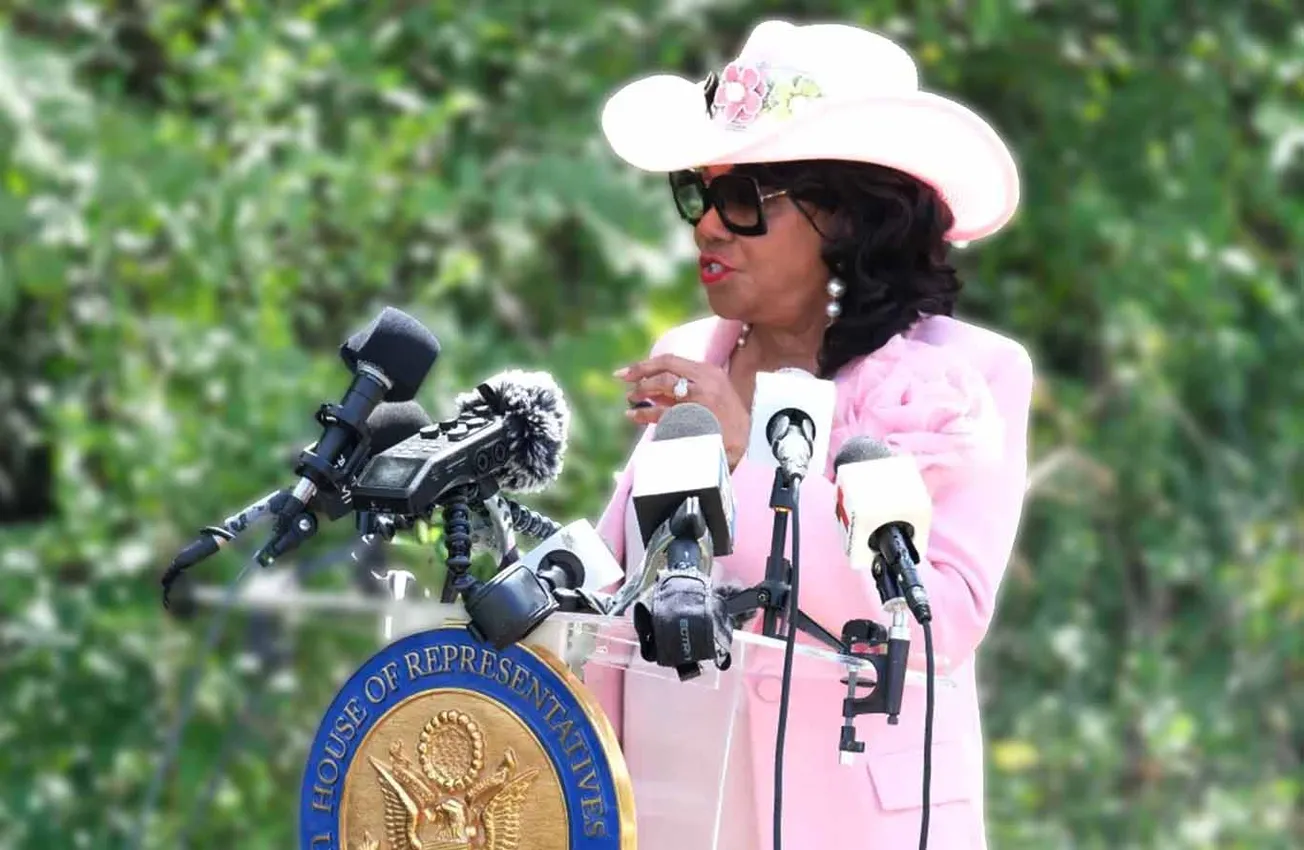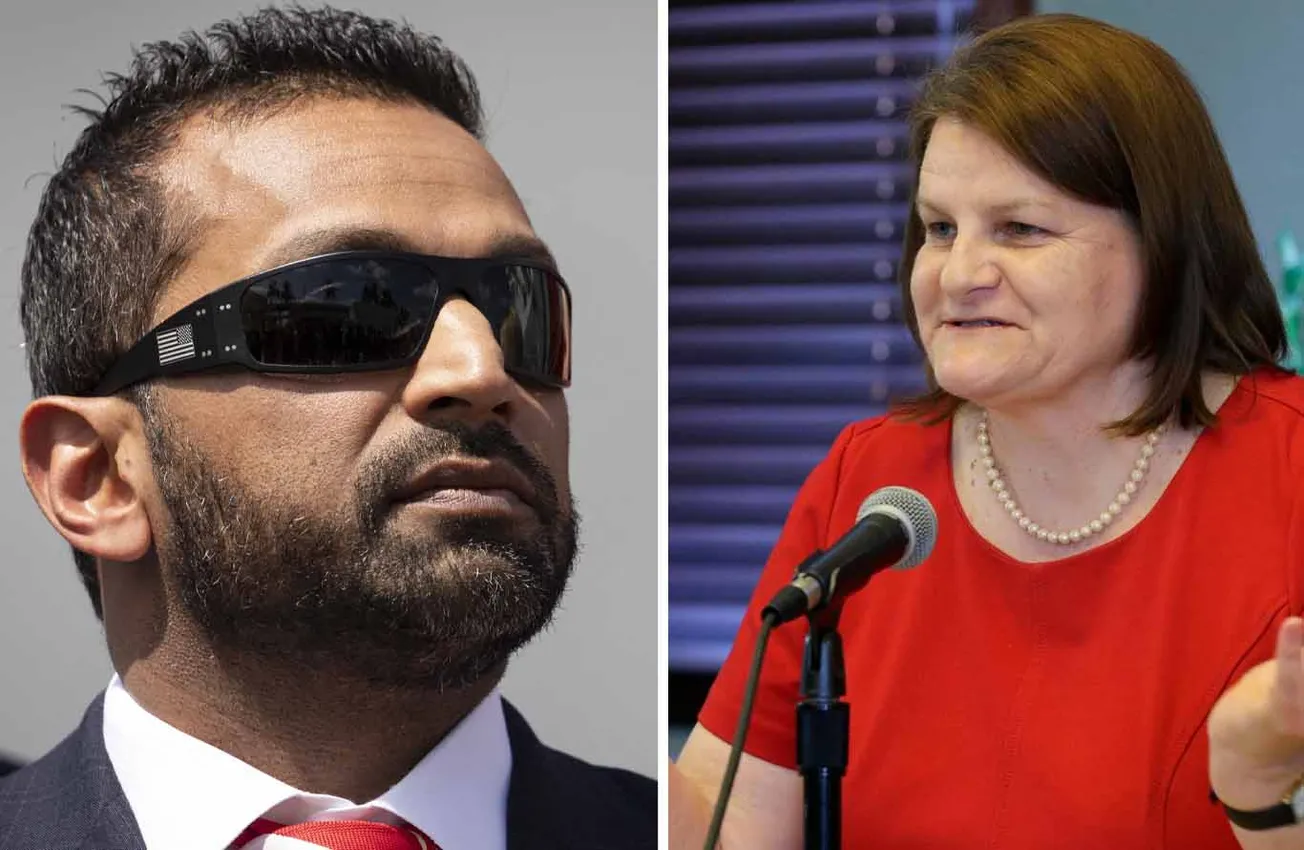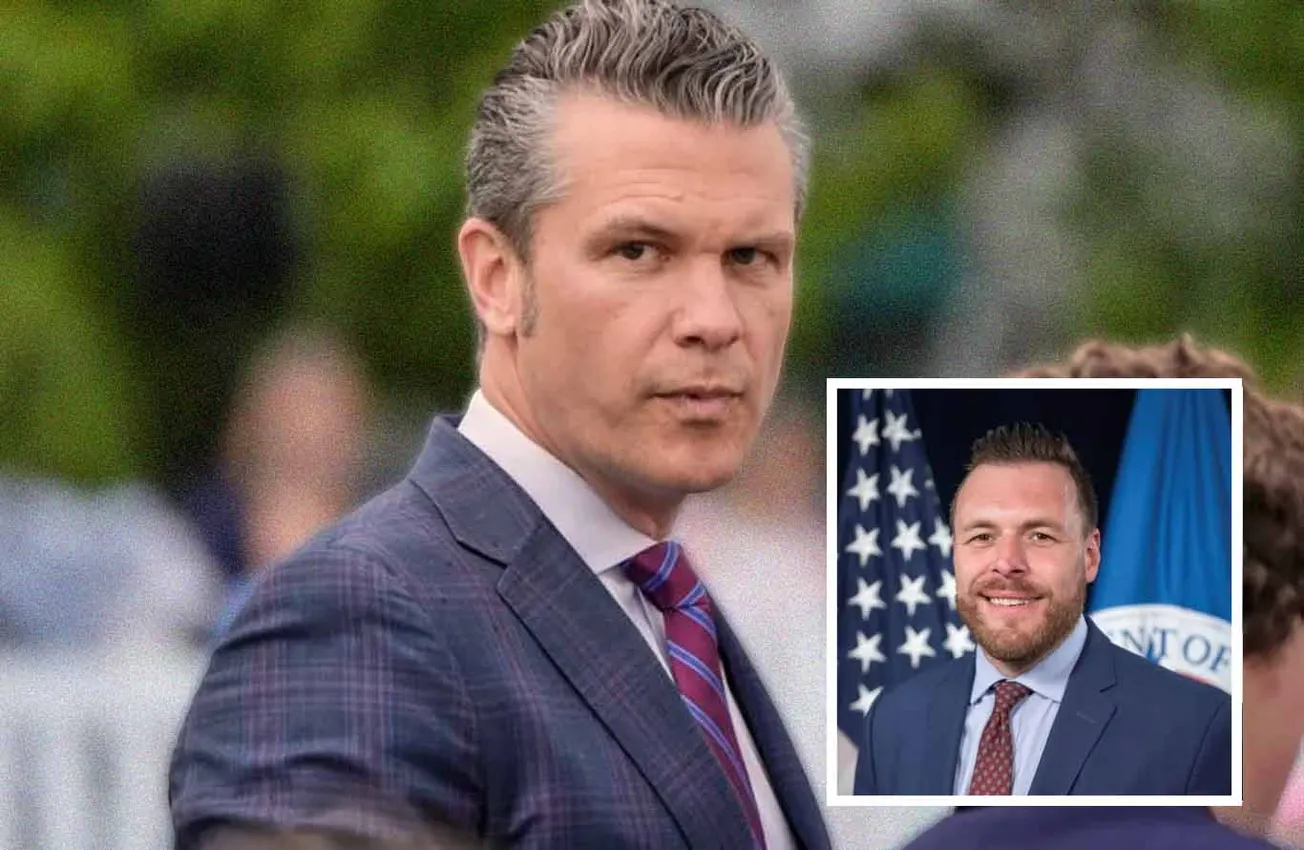It feels like you can’t go a day without hearing about another big company proudly touting its diversity, equity, and inclusion (DEI) efforts. From flashy press releases to bold hiring goals, these initiatives are everywhere. Woke companies say they’re about creating fairer, more inclusive workplaces, but not everyone’s convinced. Critics argue that instead of leveling the playing field, these policies sometimes sideline qualified candidates, push divisive quotas, and even break the law.
The word “woke” has become a catch-all for these kinds of corporate moves, which has opened up heated debates about what they really accomplish. Are these policies the future of fairness, or are they just creating new problems? Let’s take a closer look at five big names—Williams-Sonoma, Macy’s, Mars, IBM, and Nike—and see what’s behind the controversy. These are five woke companies you should be mindful about.
Macy’s: Quotas Over Merit?
Macy’s has been loud and proud about their diversity plans, with the goal of hitting 30% ethnic diversity among senior directors by 2025. They’ve even tied executive bonuses to meeting these goals, which gives leaders a real financial reason to prioritize quotas. Sounds progressive, right? Maybe not. Macy’s has rolled out year-long leadership programs aimed at specific racial and ethnic groups and is big on “supplier diversity,” where they pick suppliers based on who owns the company. America First Legal has called Macy’s out for its focus on identity over merit. So, is Macy’s trying to include everyone, or are they just checking boxes?
Mars: Algorithmic Discrimination?
Mars makes some of America’s favorite snacks, but behind the scenes, their diversity goals are raising eyebrows. They’ve openly admitted to using algorithms to tweak hiring decisions and meet their quota of boosting racial minority representation in management by 40%. On top of that, they’re putting $1 billion into “diverse suppliers,” half of which is going to women-led businesses. Sounds ambitious, but it just might be discrimination by another name. When hiring and supplier contracts prioritize quotas over merit, it begs the question: Is Mars more concerned with optics than with fairness—or even sticking to the law?
IBM: Bonuses for Bias?
IBM’s “diversity modifier” is pretty straightforward: Executives get bigger bonuses if they hit diversity targets for hiring and promotions. Sounds like a win for inclusion, right? Not so fast. A leaked recording shows top IBM leaders discussing penalties for managers who “hired too many” Asian employees. This is awful. Beyond that, IBM has a Supplier Diversity Program with spending quotas for Black-owned businesses. AFL has called this systemic discrimination that blatantly leaves certain groups out, all while IBM claims they’re just promoting social justice. If you’re not meeting their demographic goals, good luck moving up the ladder.
Williams-Sonoma: Setting Goals or Crossing the Line?
Williams-Sonoma has made a big deal about its Equity Action Plan. According to the company’s annual report, over 68% of its workforce is female and more than 41% are from ethnic minority groups. But it doesn’t stop there. They’ve tied management bonuses to hitting diversity targets, like hiring or promoting people based on race, sex, or national origin. This leaves qualified candidates—especially white, male, or religious applicants—out in the cold. And the big question is: Are they stepping over legal lines? Title VII of the Civil Rights Act of 1964 says you can’t do this kind of thing, so is Williams-Sonoma playing fair?
Nike: Selective Inclusion
Nike—one of the biggest woke companies—is no stranger to making bold commitments, and their DEI goals are no different. By 2025, they’re aiming for women to make up half of their global corporate workforce and 45% of leadership roles. They’ve also set a 30% racial and ethnic minority representation goal for U.S. leadership. But here’s the catch: Their employee networks, called NikeUNITED, allegedly exclude white, straight men. This kind of one-sided inclusion leaves out a big chunk of employees and creates more division than unity. So, is Nike building bridges or burning them?
Please leave your opinions / comments on these stories below, we appreciate your perspective!



